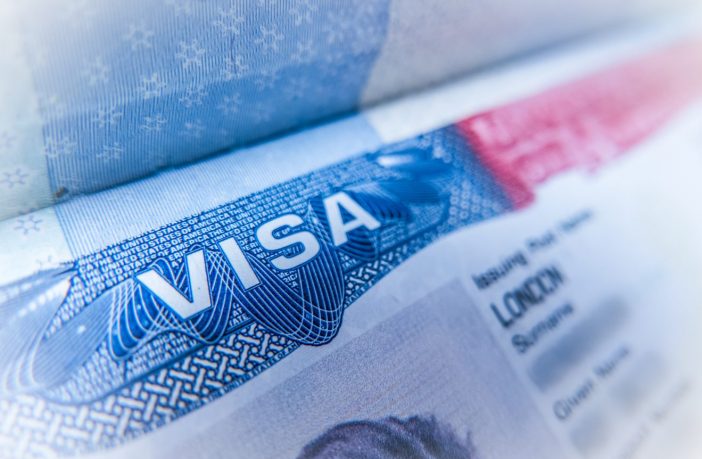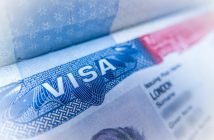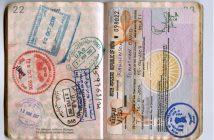A new government report on U visas for migrant crime witnesses and victims raises concerns about the program’s vulnerability to fraud and abuse. Questions are heightened by what the study left unsaid.
Created in 2000 as part of the Victims of Trafficking and Violence Protection Act, the U visa offers legal status to illegal aliens who assist law enforcement agencies in prosecuting certain types of crimes.
Protecting individuals who would otherwise be disqualified from remaining in the United States, the visa program also enables them to obtain work permits while their applications are pending. More than 80 percent of applicants get approved, according to U.S. Citizenship and Immigration Services.
Among the interesting findings in the USCIS report:
- 35 percent of U visa petitioners had been or were facing deportation at the time of their application. That cohort nearly doubled from 2017 to 2018, the last year of the study.
- The number of U visa filers swelled from roughly 11,000 in 2009 to 59,000 in 2018. More than 200,000 applications are pending.
- On average, U visa petitioners sponsored 1.5 family members to stay in the U.S. Though petitions are capped at 10,000 a year, the so-called “derivatives” are not.
While USCIS deserves credit for producing a readable and relatively transparent account, it does not shed light on:
- The incidence of unqualified, frivolous or fraudulent U-visa applications.
- The program’s actual value to law enforcement agencies in investigating and prosecuting crime.
- How and where U visas have increased crime reporting by illegal aliens.
Jessica Vaughn, director of policy studies at the Center for Immigration Studies (CIS), points to some Americans who have complained of being falsely accused of crimes by illegal aliens seeking U visas. In 2016, the Department of Justice announced the indictment of 11 individuals in several states in a large U-visa fraud scheme.
Additionally, local police departments have felt pressure from migrant-advocacy groups and state officials to sign off on U-visa applications. California and Illinois have laws designed to generate more U-visa applications, directing officers to use more lenient criteria for certification than federal law stipulates.
Going forward, the U-visa program, which enables beneficiaries to apply for permanent residency after three years, could itself benefit from stricter accountability. One idea: Applicants who have committed serious immigration violations or other crimes — including fraud, illegal re-entry after deportation, and failure to appear for immigration proceedings — should be disqualified from U visas altogether or barred from adjusting to permanent status.
“They could be repatriated after the period of cooperation with law enforcement, and offered a grant of parole rather than a U visa,” suggests Vaughn.
“Any improvements that USCIS and Congress can make to reduce frivolous, fraudulent or unqualified applications will benefit the meritorious applicants and their family members by speeding up the application process and reducing the number of cases on the waiting list,” Vaughn said.




